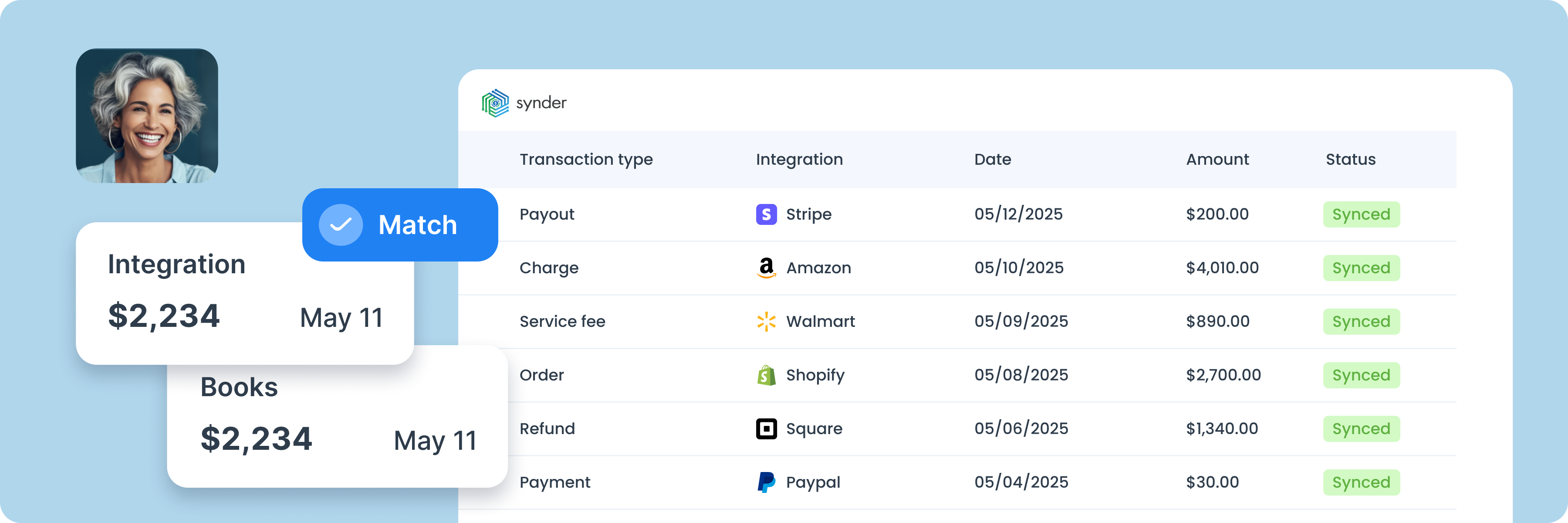Puzzle Integration: Scale Your Business with Automated Accounting
Easily connect any of 30+ platforms to your Puzzle account through Synder and bring all your real-time financial data into one place, while Synder takes care of the manual work for you.
%20(1).svg)




.avif)









%202.svg)








%201.png)




